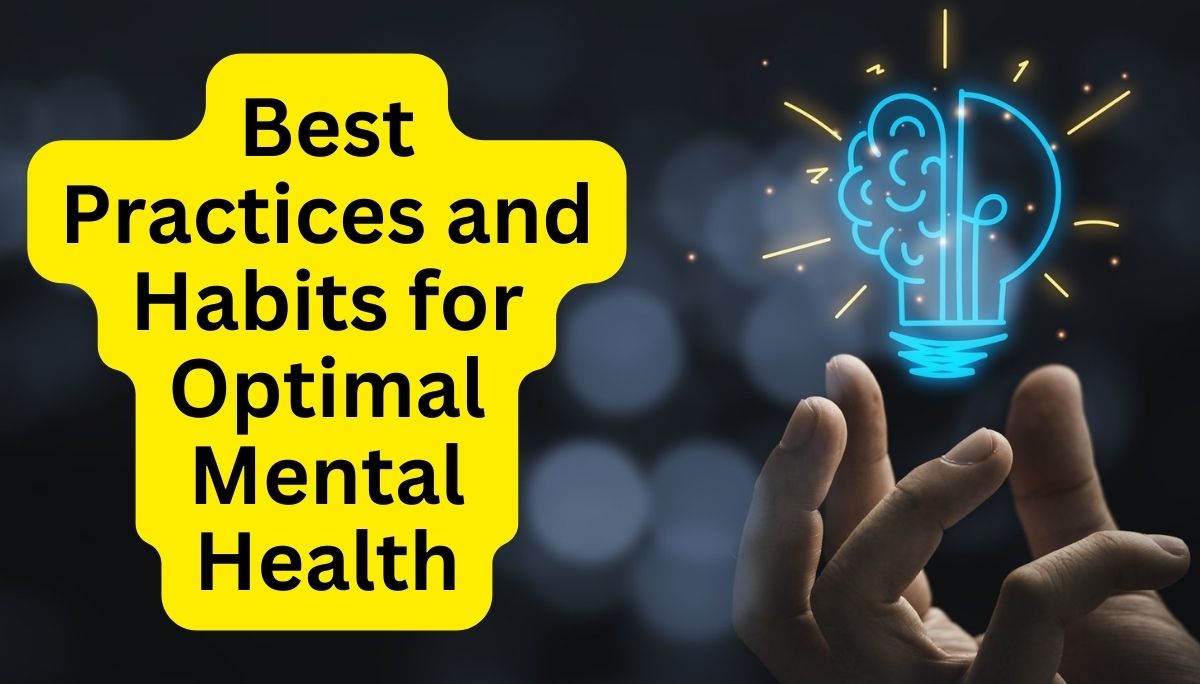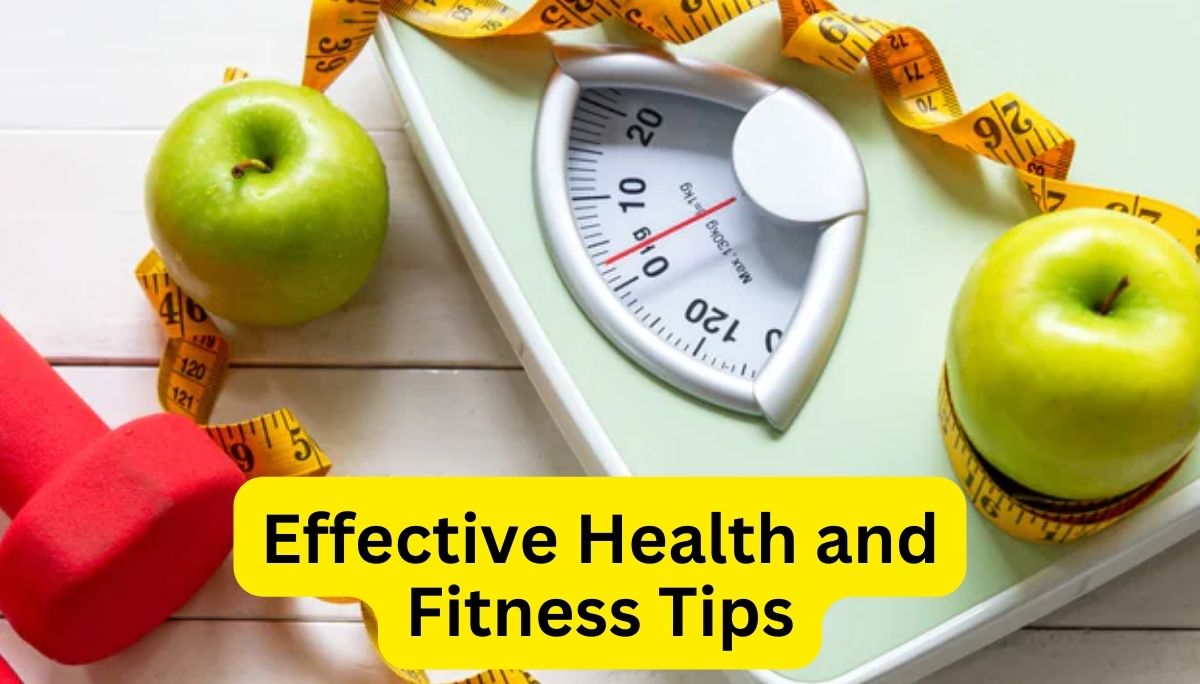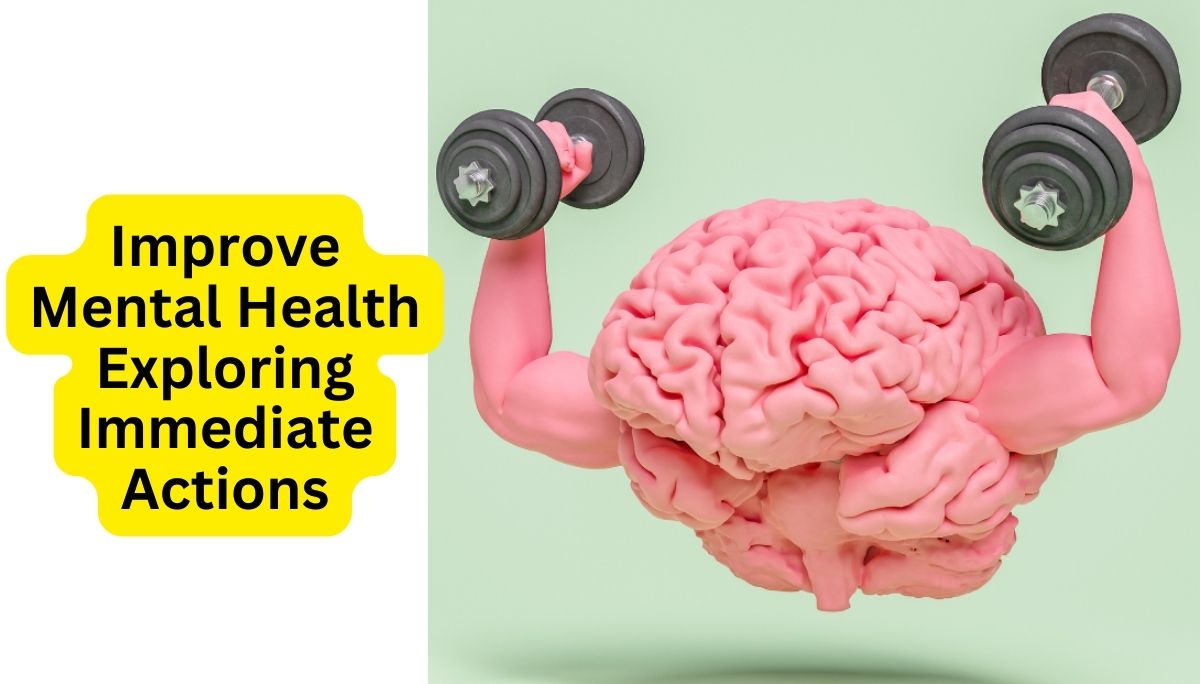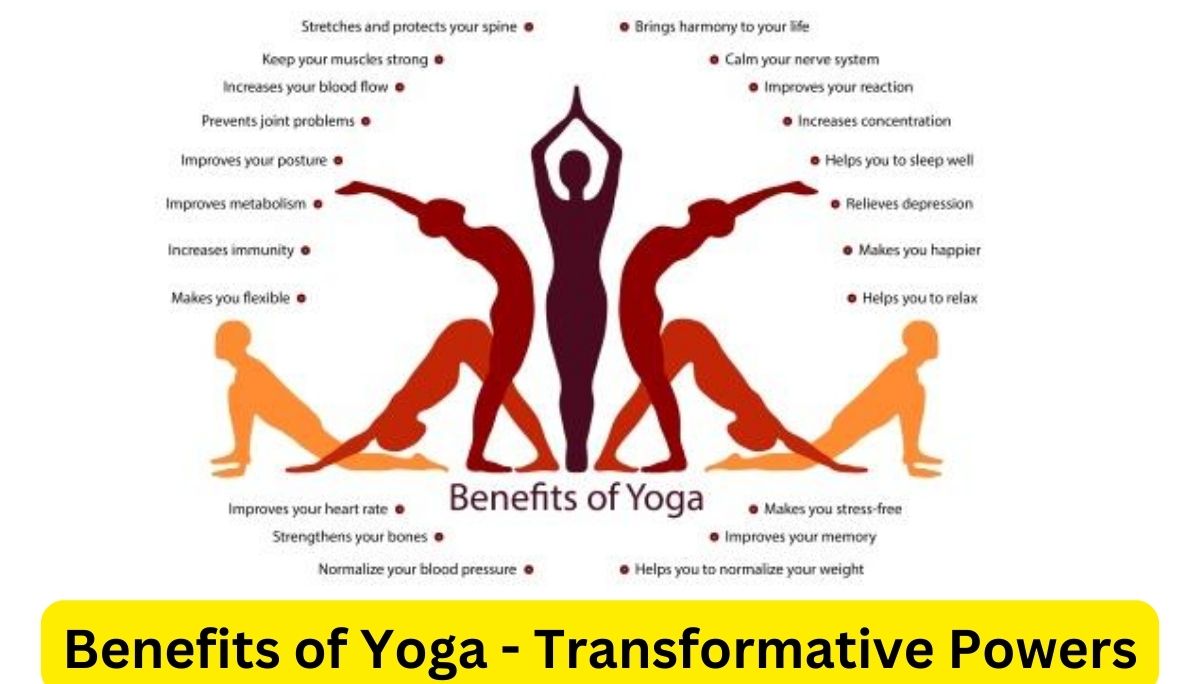Discover the Best Practices and Habits for Optimal Mental Health – Know the Hiding Secrets
In the hustle and bustle of modern life, prioritizing mental health is essential for overall well-being. But what are the best things you can do to support your mental health? Let’s explore some effective strategies and habits that can nurture your mind, promote resilience, and foster a sense of balance and peace.

Table of Contents
The Importance of Mental Health
In our fast-paced and ever-evolving world, the importance of mental well-being cannot be overstated. Our mental health impacts every aspect of our lives, from our relationships and productivity to our overall quality of life. Unfortunately, mental health issues are becoming increasingly prevalent, affecting people of all ages and backgrounds.
Prioritizing our mental well-being is not just a luxury; it’s a necessity. By incorporating simple yet effective practices into our daily routines, we can cultivate a healthier and more balanced mindset, enabling us to navigate life’s challenges with greater resilience and joy.
Exercise: A Natural Mood Booster
Regular physical activity has long been recognized as a powerful ally in promoting mental well-being. Exercise releases endorphins, the body’s natural mood-boosting chemicals, which can help alleviate stress, anxiety, and depression. Additionally, engaging in physical activity can improve self-esteem, cognitive function, and overall quality of sleep.
Whether you prefer hitting the gym, going for a brisk walk, or practicing yoga, find an activity that resonates with you and make it a regular part of your routine. Even small bouts of exercise can have a profound impact on your mental health.
For more information on the mental health benefits of exercise, check out the Mayo Clinic’s guide.
Mindfulness and Meditation
In our constantly connected world, it’s easy to become overwhelmed by the endless stream of thoughts and distractions. Mindfulness and meditation practices offer a respite from this mental clutter, allowing us to cultivate a greater sense of presence and inner peace.
Mindfulness encourages us to focus on the present moment, embracing our thoughts and emotions without judgment. Meditation, on the other hand, involves quieting the mind and allowing ourselves to simply “be.” Both practices have been shown to reduce stress, anxiety, and depression while improving overall emotional well-being.
Explore various mindfulness and meditation techniques, such as breath awareness, body scans, or guided meditations, and find what resonates best with you. Even dedicating a few minutes each day to these practices can significantly impact your mental health.
Nourishing Your Body
The connection between our mental health and physical well-being is undeniable. Nourishing our bodies with a balanced and nutrient-rich diet can have a profoundly positive impact on our mental state.
Incorporate a variety of whole foods, including fruits, vegetables, lean proteins, and healthy fats, to ensure your body receives the essential vitamins, minerals, and antioxidants it needs to thrive. Additionally, stay hydrated and limit your intake of processed foods, sugary beverages, and excessive caffeine, as these can contribute to feelings of anxiety and restlessness.
For a comprehensive guide on maintaining a healthy diet, explore the Harvard Healthy Eating Plate.
Social Connections
Humans are inherently social creatures, and our mental well-being is deeply intertwined with our connections to others. Strong social bonds and a sense of belonging can provide a vital support system, reducing the risk of mental health issues such as depression and anxiety.
Make time to nurture your relationships with family, friends, and loved ones. Engage in activities that foster connection and shared experiences, such as cooking together, participating in group hobbies, or simply having meaningful conversations.
If you’re feeling isolated or disconnected, consider joining a community group, volunteering, or exploring online support networks – these can be invaluable sources of social connection and emotional support.
Self-Care and Relaxation
In our fast-paced world, it’s easy to neglect our own needs in favor of meeting the demands of work, family, and other obligations. However, prioritizing self-care and relaxation is essential for maintaining good mental health.
Engage in activities that bring you joy and help you unwind, whether it’s reading a book, taking a warm bath, practicing yoga, or simply spending time in nature. Additionally, ensure you’re getting enough sleep and managing stress through techniques like deep breathing exercises or journaling.
Remember, self-care is not selfish; it’s a necessary investment in your overall well-being.
Frequently Asked Questions: Best Practices and Habits for Optimal Mental Health
Q: How can I stay motivated to maintain a healthy lifestyle for my mental well-being?
A: Start small and focus on building sustainable habits. Celebrate your progress, no matter how modest, and don’t be too hard on yourself if you slip up. Additionally, enlist the support of friends or family members who can encourage and hold you accountable.
Q: Can therapy or counseling help improve mental health?
A: Absolutely! Professional therapy and counseling can be invaluable resources for managing mental health issues and developing coping strategies. Don’t hesitate to seek help from a qualified mental health professional if you’re struggling.
Q: Is it possible to have good mental health even with a diagnosed mental illness?
A: Yes, it is possible to maintain good mental health and lead a fulfilling life even with a diagnosed mental illness. With proper treatment, support, and self-care practices, individuals can learn to manage their symptoms and cultivate overall well-being.
Q: How can I support a loved one who is struggling with their mental health?
A: Be patient, non-judgmental, and offer a compassionate ear. Encourage them to seek professional help if needed, and provide practical support, such as assisting with daily tasks or accompanying them to appointments. Most importantly, let them know they are not alone.
Q: How can I improve my mental health quickly?
A: While there are no quick fixes for mental health, incorporating simple practices like mindfulness, exercise, and healthy nutrition can have immediate benefits. Prioritize self-care, set boundaries, and seek support from trusted individuals or professionals.
Q: What foods are good for mental health?
A: Foods rich in omega-3 fatty acids, antioxidants, vitamins, and minerals are beneficial for mental health. Include foods like fatty fish, leafy greens, berries, nuts, seeds, and whole grains in your diet to support brain function and mood regulation.
Q: Is it normal to struggle with mental health?
A: Yes, it’s entirely normal to experience mental health challenges at various points in life. Mental health is a spectrum, and everyone faces ups and downs. It’s essential to prioritize self-care, seek support when needed, and remember that you’re not alone in your struggles.
Q: Can mental health apps or online resources be helpful?
A: While they should not replace professional treatment, mental health apps and online resources can be valuable supplements to your overall self-care routine. They can provide helpful tools, guided meditations, and educational materials. However, it’s essential to verify the credibility and quality of these resources before relying on them.
Nurturing our mental well-being is a lifelong journey, and it starts with making small, consistent choices that prioritize our overall health and happiness. By incorporating exercise, mindfulness, proper nutrition, social connections, and self-care into our daily lives, we can cultivate a resilient and positive mindset that enables us to navigate life’s challenges with grace and fortitude. Remember, taking care of your mental health is not a luxury; it’s an essential investment in your overall well-being.






